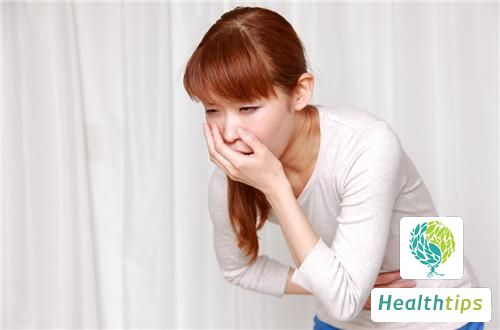Why Do Women Experience Menstrual Pain? What Can Be Done to Alleviate It?
There are many reasons for menstrual pain in women, including common ones such as mental factors, dietary factors, poor uterine development, and gynecological diseases. High stress levels can lead to endocrine disorders, resulting in menstrual pain. Excessive dieting for weight loss is also detrimental to physical health, which is now a major cause of menstrual pain among young women. It is essential for women to seek prompt treatment for menstrual pain, preferably through traditional Chinese medicine, as it is effective in relieving menstrual pain.

Here are some specific causes:
1. Primary Menstrual Pain: Half of women experience menstrual pain, most of which is primary and accounts for approximately 50%. This is a physiological condition. Some discomfort during menstruation, such as lower abdominal pain, is a normal physiological phenomenon. Everyone experiences some discomfort during menstruation, but the sensations may vary among individuals. Only when menstrual pain affects normal life does it constitute a disease.
2. Poor Uterine Development: Poor uterine development can easily lead to abnormal blood supply, causing ischemia and hypoxia in the uterus, which can trigger menstrual pain.
3. Physical Weakness: The abdominal muscle groups support the visceral organs in the abdominal cavity. If these muscle groups are underdeveloped, they may not provide sufficient support, leading to pain due to the weight of the organs.
4. Mental Stress: Feeling agitated, anxious, tense, and fearful during menstruation can make individuals more sensitive to pain. Even minor discomfort can feel painful, and the pain often intensifies with increased mental stress. This pain is primarily caused or exacerbated by psychological factors.
5. Endometriosis: This condition presents symptoms similar to primary menstrual pain. Experts caution that menstrual pain should not be ignored as it can persist throughout the menstrual cycle, causing repeated discomfort and distress.
So, what should women do when experiencing menstrual pain? How can they relieve the pain? Here are some tips:
1. Three to five days before menstruation, avoid greasy and heavily flavored foods. Stick to foods that are easy to digest and eat only until you are 80% full. Avoid cold foods that can stimulate the uterus.
2. During menstruation, avoid cold and stimulating foods, and especially avoid strong alcoholic beverages. Eating sour foods can help alleviate pain.
3. If menstrual flow is not heavy, drinking some wine can help relieve pain, regulate emotions, and promote blood circulation. However, moderation is key.
4. Women with a history of menstrual pain should maintain regular bowel movements and treat constipation promptly. Eating foods like honey, bananas, and celery can help with constipation and prevent it from worsening menstrual pain.
It is important to address menstrual pain promptly and effectively to ensure women's comfort and well-being during this time of the month.



















